 |
Lisa Cadmus-Bertram, PhDDirector |
|
|
Somya RastogiDoctoral student |
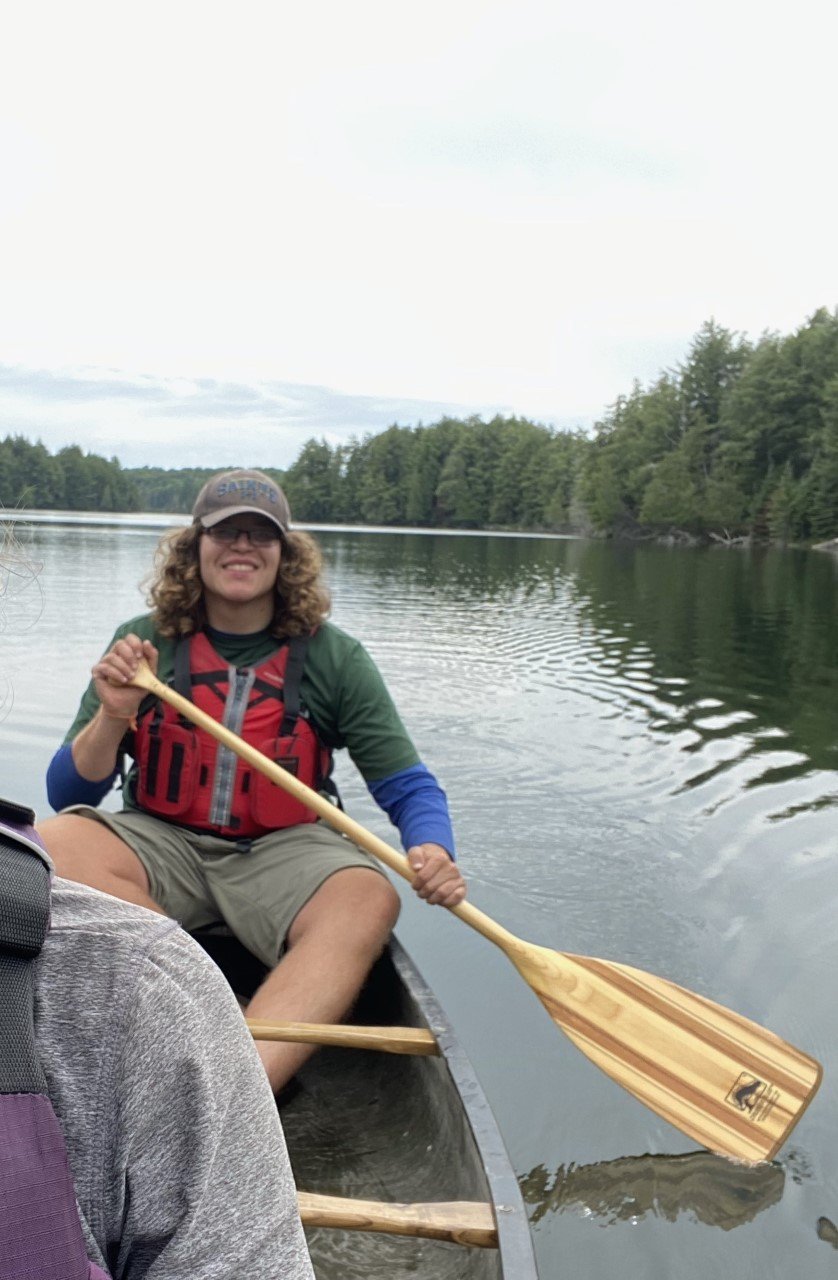 |
Christian SchmidtDoctoral student |
 |
Megan AgnewDoctoral student |
 |
Robin PomeroyResearch staff |
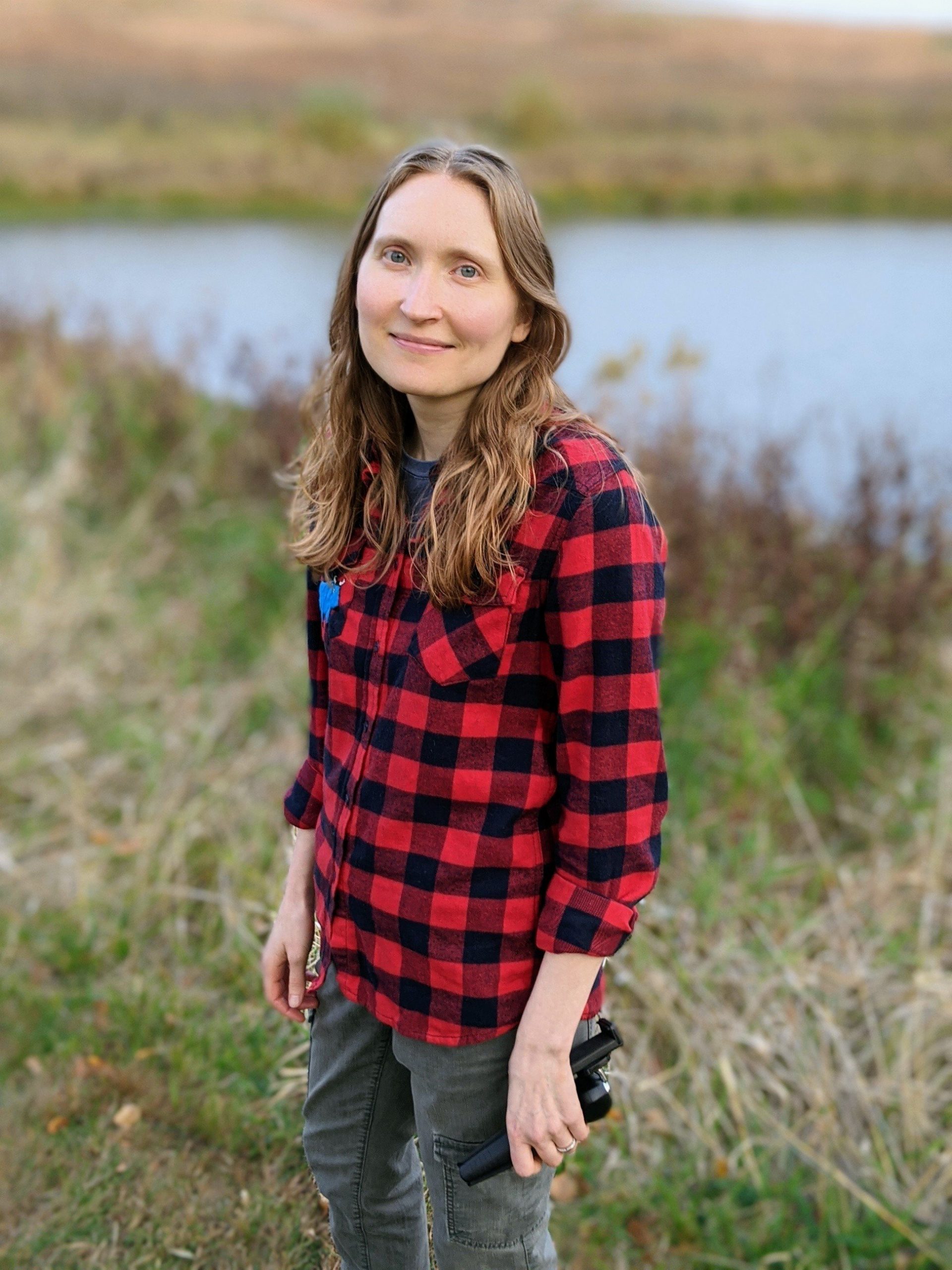 |
Vanessa HodgsonResearch staff |
 |
Laura MullerResearch staff |
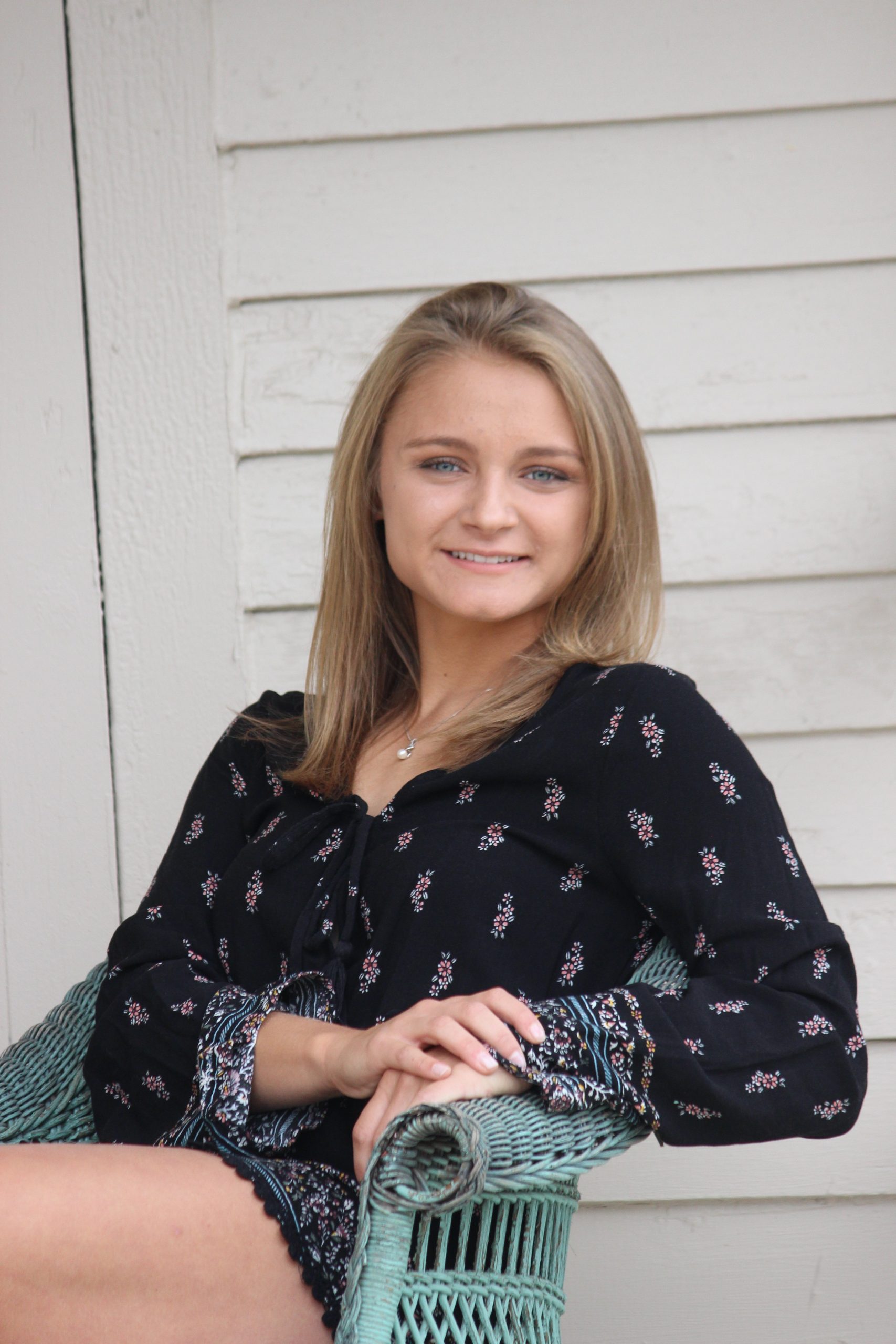 |
Lauren MeyersUndergraduate researcher |
 |
Samantha BrooksUndergraduate researcher |
 |
Ellie BermanUndergraduate researcher |
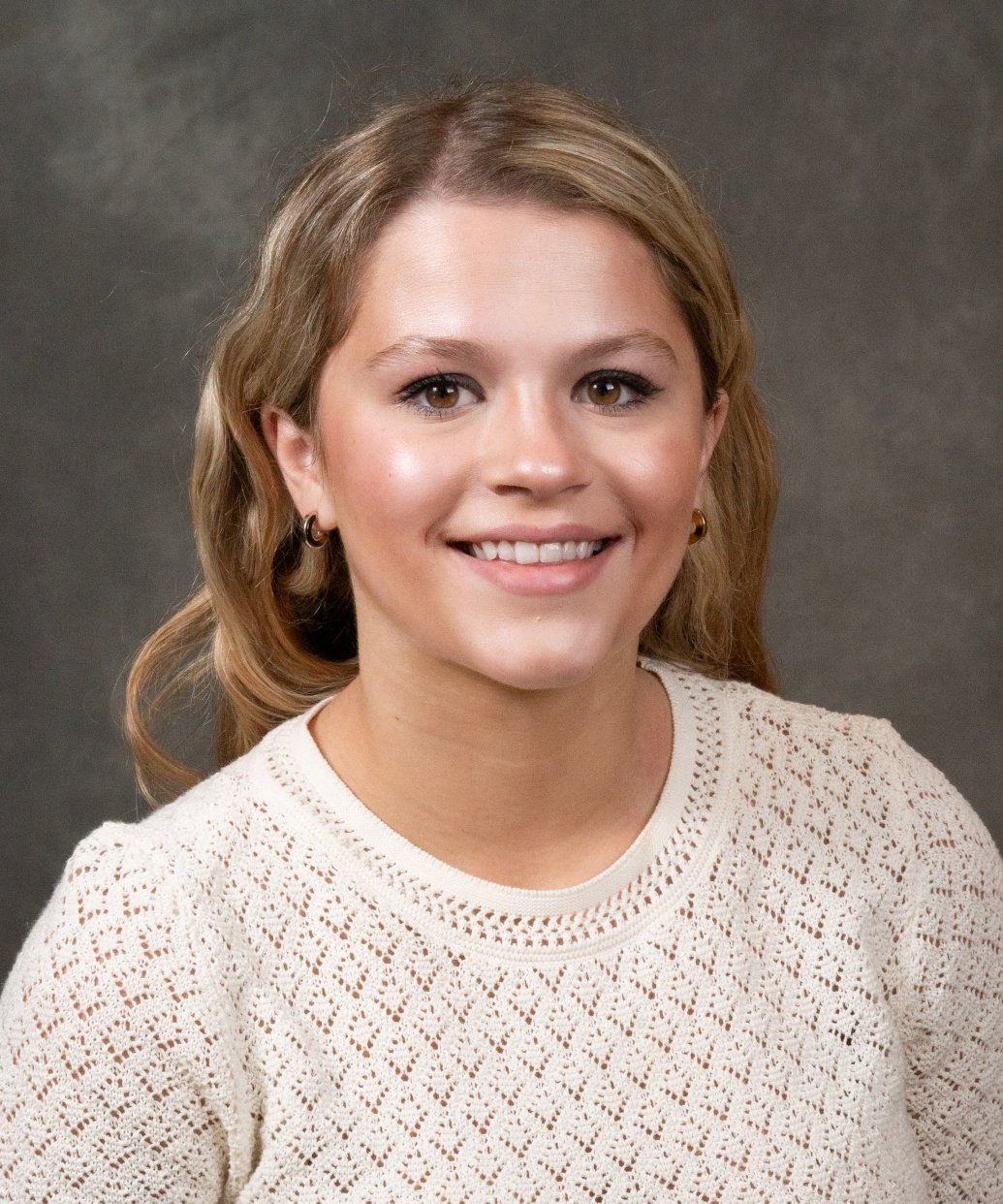 |
Lauren VettelUndergraduate researcher |
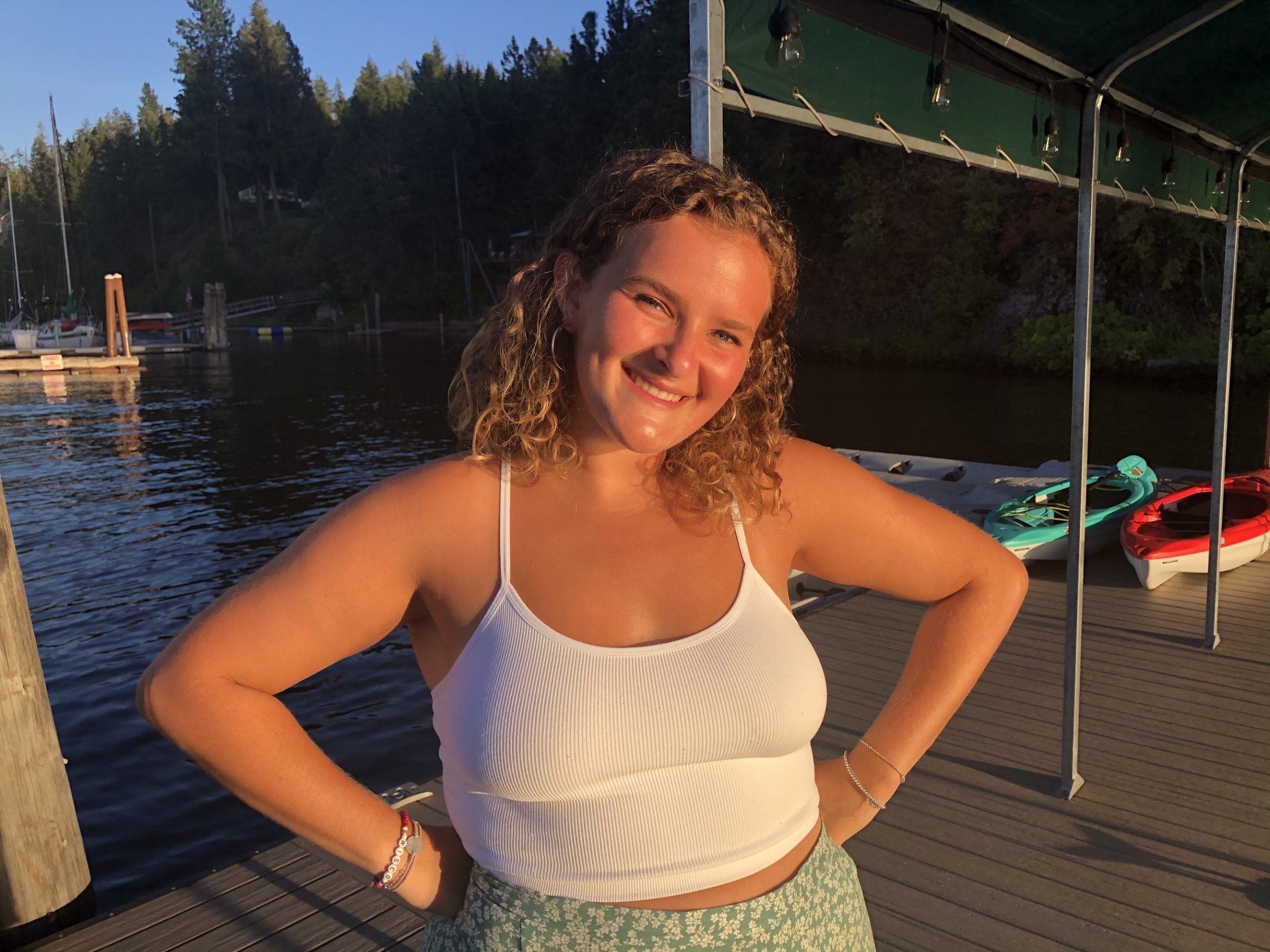 |
Rebecca HorrowUndergraduate researcher |
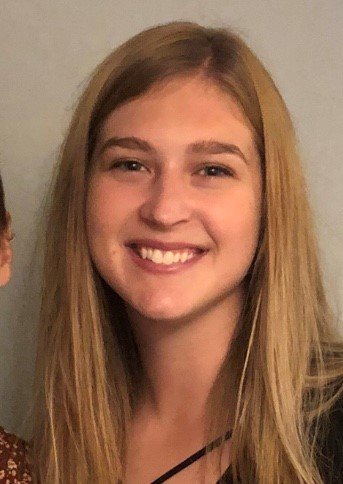 |
Alexa SchnittkaUndergraduate researcher |
 |
Emily SolemUndergraduate researcher |
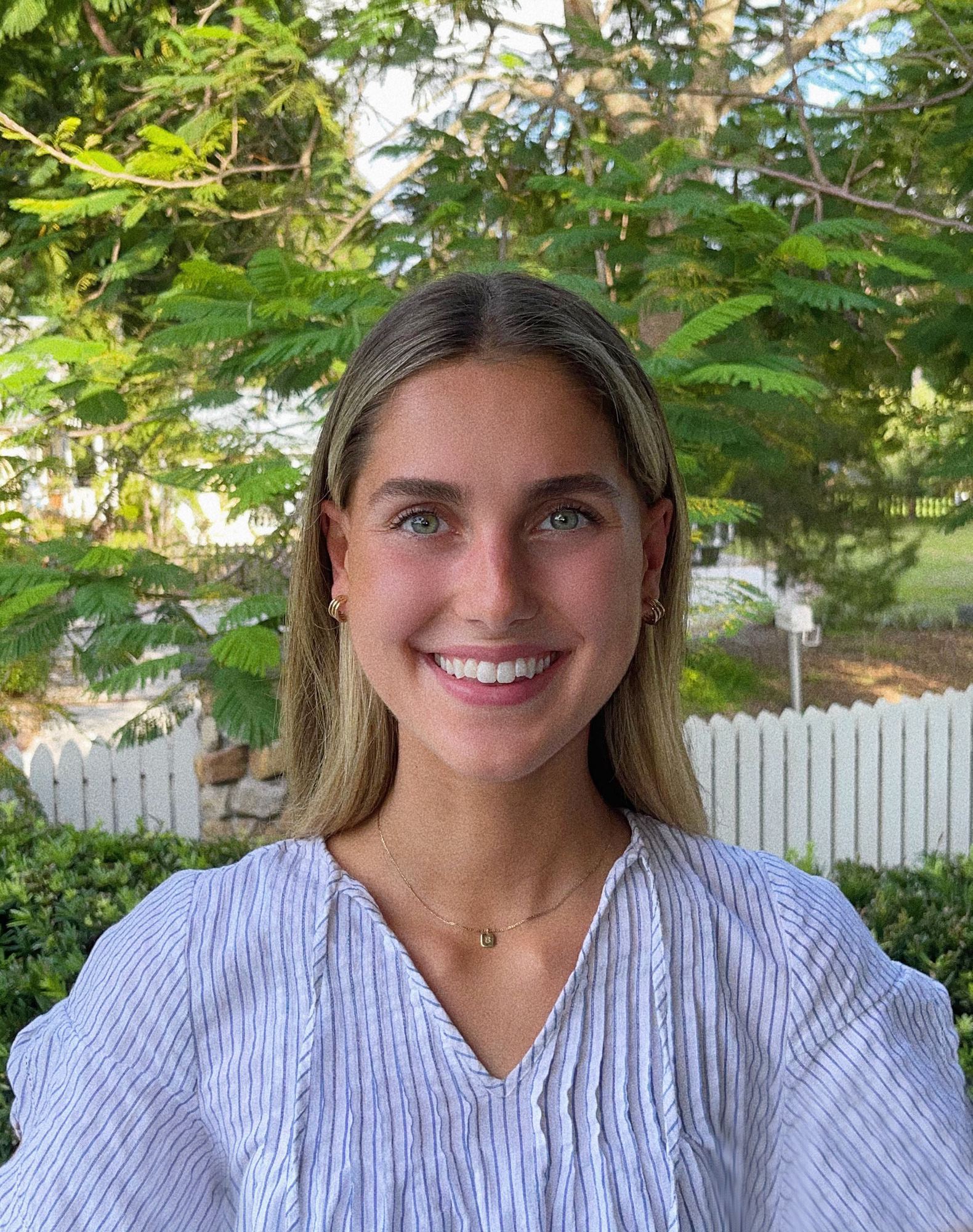 |
Sophie BilikUndergraduate researcher |
Previous students & trainees
Past postdocs and graduate students
Jess Gorzelitz (PhD student) — now a post-doc with the National Cancer Institute’s Cancer Prevention Fellowship Program
Keith Thraen-Borowksi (postdoctoral fellow) — Now an Associate Professor at Loras College (Dubuque, Iowa)
Emily Wirkus (MPH student) — Now employed at UW–Madison
Diana Dorn (MS student) — Now a health coach in Rapid City, South Dakota
Brittany Van Remortel (MD/MPH student) — Now a pediatrics resident at Children’s Hospital of Philadelphia
Preshita Date (MD/MPH student) — Now a physician completing her residency
Past undergraduate lab members and practicum students
Allie Palmer
Madison Soukup
Greta Deutsch
Claire Otto
Bianca Briones
Stephanie Stoller
Rachel Schueller
Alli Zeman
Reese Hyzer
Taylor Amich
Emily Torres
Rose DiGuilio
Niky Green
Natalia Sitailo
Nicole Van Beek
Madison Coady
Sara Wojnicz
Physical activity needs of patients with non-curative cancers
There is increasing evidence of the importance of physical activity for patients with metastatic or otherwise non-curable cancers. This mixed-methods project consists of interviews (N=16) with adults living with multiple myeloma or with Stage 4 breast, prostate, or colorectal cancer. Themes identified during the interviews will be used to develop a questionnaire to fully assess needs and preferences in this patient population. This project is funded by the Virginia Horne Henry Committee.
Multi-site adaptive physical activity intervention for breast & endometrial cancer survivors
Despite the documented importance of physical activity for cancer survivorship, many breast and endometrial cancer survivors remain physically inactive. In contrast to the “one size fits all” approach used by most previous physical activity interventions for cancer survivors, this trial will test an adaptive intervention approach that integrates Fitbit data with the electronic health record (EHR) to produce a custom package of features to support behavior change. The results from this trial will inform the development of scalable physical activity interventions for breast and endometrial cancer survivors. A total of 320 women will be recruited. Half of these participants will be enrolled here in Wisconsin (must be a UW Health patient) and the other half will be enrolled at our partner site at Northwestern University, under the direction of Co-Principal Investigator Dr. Siobhan Phillips. This project is funded by the National Cancer Institute R37CA225877. No in-person visits are required — participation is conducted remotely due to COVID-19.
Home-based exercise for strength training
Home-based exercise for strength training (H-BEST) is a feasibility study to determine adherence to home-based exercise in women with endometrial cancer. This 15-week randomized controlled trial consists of a resistance exercise arm and a wait-list control arm. Women in the resistance exercise arm will be asked to complete twice-weekly home-based strength training with the materials that we provide. The primary outcome is feasibility of recruiting and retaining endometrial cancer survivors. Secondary and exploratory aims include participant satisfaction, feasibility of functional and objective assessments and safety of this intervention. This study is currently recruiting eligible endometrial cancer type 1, stage I-IIIc survivors, aged 18-74, with a diagnosis within the past 5 years with primary treatment completed. If you fit these criteria and are interested in participating, please contact Jess Gorzelitz (gorzelitz@wisc.edu).
Validation of activity pattern recognition on fitness trackers
This project tested the accuracy of pattern recognition software for automatically recognizing a range of physical activities. 128 data collection sessions were conducted across four different activity modules. Data collection has been completed and results are submitted for publication. This study was led by graduate student Diana Dorn.
Physical activity needs in rural Wisconsin women
Funded by the Virginia Horne Henry Foundation
This project uses a mixed-methods approach to understanding the attitudes and needs of rural Wisconsin women as they relate to physical activity and technology. Participants residing in targeted county clusters are identified through the Survey of the Health of Wisconsin (SHOW). Click here to learn more about SHOW.
Sedentary Behavior and Breast Cancer: Interventions and Biomarkers
Funded by the National Cancer Institute (1K07178870; PI: Cadmus-Bertram)
Sedentary Behavior Trial for Breast Cancer Survivors
Given mounting research demonstrating the metabolic harms of excessive sedentary time, this study is designed to explore some of the ways that we can help cancer survivors to reduce and/or re-pattern the amount of time they spend seated. This 3-group randomized controlled trial included 60 post-menopausal breast cancer survivors (Stage 0-III). Each participant was randomly assigned to one of three groups focused on (1) reducing overall sitting time, (2) re-patterning sitting time using standing breaks, or (3) usual lifestyle. The primary outcome measure was the ActivPal inclinometer, with physical activity outcomes supplied by the ActiGraph GT3X+.
Data collection is now complete and analysis is underway. Thanks to all of the fantastic women who participated in this research!
The Planning for Active Living Study (PALS)
Funded by the UW Institute for Clinical and Translational Research
This 12-week randomized controlled trial tested the use of Survivorship Care Plans as a mechanism for delivery a technology-based physical activity intervention for breast and colon cancer survivors. A Survivorship Care Plan is a document that summarizes an individual’s cancer diagnosis and treatment and provides recommendations for follow-up care and healthy lifestyle behaviors.
This study is completing is a partnership with Gilda’s Club of Madison and Breast Cancer Recovery. Participants were UW Health patients with a diagnosis of Stage I-III breast or colorectal cancer within the past 5 years. Data collection is complete and analysis is underway.
Validation of Optical Heart Rate Monitors
This recently completed stuy examined the accuracy of the heart rate tracking functions of four popular fitness trackers: the Fitbit Charge HR, the Fitbit Surge, the Mio Fuse, and the Basis Peak. Results are under review for publication. Thank you to all the wonderful participants who helped with this study!
Gorzelitz J, Costanzo E, Gangnon R, Koltyn K, Trentham-Dietz A, Spencer RJ, Rash J, Cadmus-Bertram L. Improvements in strength and agility measures of functional fitness following a telehealth delivered, home-based exercise intervention in endometrial cancer survivors. Supportive Care in Cancer (in press).
Gorzelitz JS, Costanzo ES, Spencer RJ, Rumble M, Rose SL, Cadmus-Bertram L (2019). Longitudinal assessment of post-surgical physical activity in endometrial and ovarian cancer patients. PLOS ONE, 14(10):e0223791.
Trigsted SM, Cook DB, Pickett KA, Cadmus-Bertram L, Dunn WR, Bell DR. Greater fear of reinjury is related to stiffened jump-landing biomechanics and muscle activation in women after ACL reconstruction. Knee Surg Sports Traumatol Arthrosc. 2018. Epub ahead of print. doi: 10.1007/s00167-018-4950-2.
Latimer A, Rench TA, Rivers SE, Katulak NA, Materese SA, Cadmus L (2007). Promoting participation in physical activity using framed messages: An application of prospect theory. British Journal of Health Psychology, Oct. 8, 2007.
Prospective Graduate Students – Seeking applicants for fall 2022!
The Department of Kinesiology offers both a master’s and PhD program with a specialization in Physical Activity Epidemiology. Please refer to the department’s graduate admissions website for full information about the requirements and curriculum. Please note that there is flexibility around prerequisites. Acceptance of new graduate students into my lab is determined by the academic strength and interests of the student as well as funding availability. Most students will have an undergraduate major in kinesiology, public health, psychology, statistics, or another health-related field. Depending on your career goals, you may also wish to consider graduate study in the Department of Population Health Sciences and I am able to advise students in that program as well. Please contact me with any questions you may have. It is helpful if you can send a CV/resume with your inquiry.
Undergraduate Students – Seeking applicants for Fall 2022
As of September 20, I am looking for multiple additional undergraduate students for the lab to assist with our MyActivity study (a physical activity trial for cancer survivors). Please send an email to lisa.bertram@wisc.edu if you are interested. Undergraduates typically sign up for KINES 399 (independent study) for 2 credits. They attend a weekly lab meeting (1 hr) plus contribute 5 hrs/week of research time. Lab placement is based on academic strength, interests/career goals, and timing. Kinesiology and health promotion & health equity majors (and pre-majors) are generally prioritized over students from other departments. Priority will also be given to students who are available for multiple semesters.
Due to the timing and pace of our research projects, it is not possible for me to mentor Bio 152 students.




